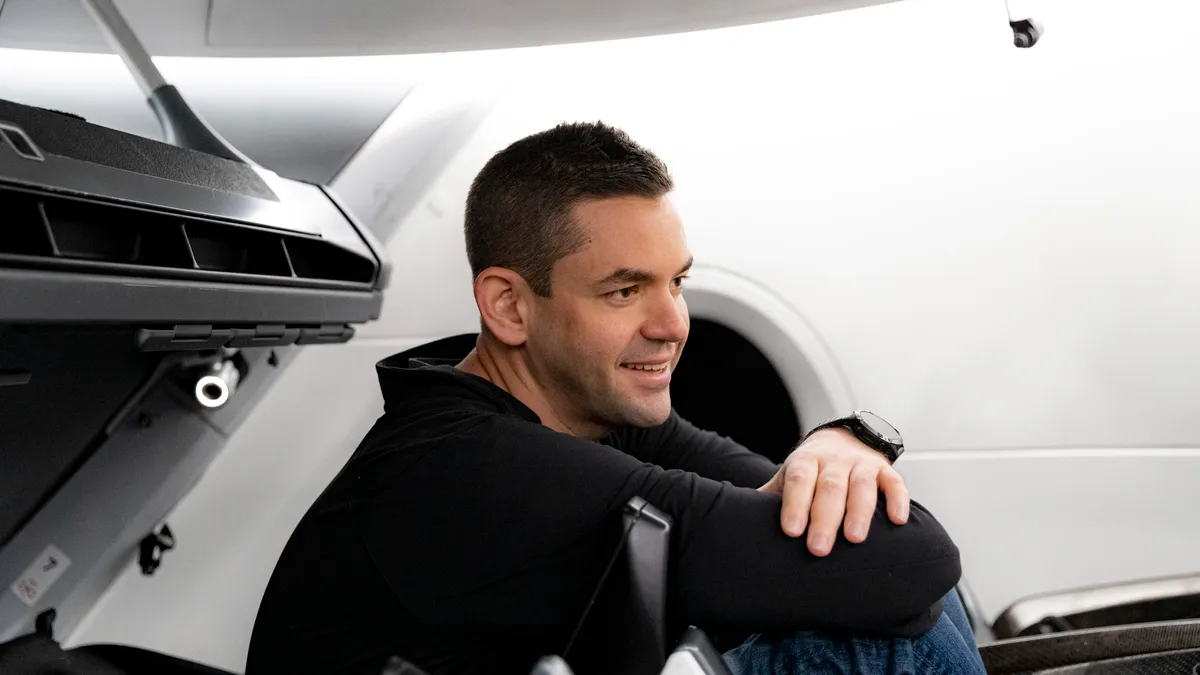Chief executives on the lookout for their next CFO have a long list of must-haves for the perfect candidate: future CFOs need to have both financial and business acumen, strong leadership skills, and be able to drive strategy and long-term growth at their businesses.
Certified public accountants can check many of these boxes already, but “I think the biggest skill that CPAs need to make the leap to CFO is that ability to adapt more than anything else,” said Jennifer Cryder, CEO of the Pennsylvania Institute of Certified Public Accountants (PICPA).
In a recent report, the PICPA surveyed over 320 hiring executives — including CEOs, chief human resource officers and executive recruiters — on the skills or general competencies which most matter when looking to fill the CFO role, as well as steps today’s CPAs can take to grow those skills. The PICPA is the largest CPA organization in Pennsylvania, with more than 20,000 members, according to its website.
Such adaptability includes honing “softer” people skills such as the ability to relate, motivate and support colleagues. While emotional intelligence ranked the lowest on the list of competencies outlined in the study, that’s likely “because hiring managers are assuming that is table stakes, and if you're at the level of going for a CFO role that you already have mastered those skills,” Cryder said in an interview. “So I would not assume, because it ranked the lowest, that it was the least important by any stretch.”
The strategic mindset shift
CPAs are already well-positioned as potential candidates for a future CFO seat; much of the training they receive as CPAs — which typically requires the completion of 150 college credit hours as well as the passing of the exam — enables them “to really understand a business from top to bottom, left to right,” Cryder said.
A CPA herself, Cryder is closing in on a decade with the PICPA, having joined in April 2015 as its CFO and VP of financial leadership, revenue growth and strategic planning, according to her LinkedIn profile.
Though CPAs can rest easy about the number one competency hiring executives are looking for when assessing a CFO candidate — financial acumen — that skill alone will not move a CPA to the top financial seat, according to the study. Rather, CPAs with CFO aspirations also need to prioritize emotional intelligence, communication, leadership skills and strategic thinking.
“I think it's a mindset shift for CPAs, when emotional intelligence, leadership strategy, some of those things become the most critical success factors in their role,” Cryder said. “Gone are the days where only being a great technician will move you ahead.”
The need to hone strategy and leadership skills — ranked as the second-highest competency by hiring executives — comes as the study underscores an ongoing “significant shift” impacting CPAs and more broadly, the role of the finance team.
Much like other members of the finance space, CPAs used to be “scorekeepers,” but in today’s world, those looking toward the CFO seat need to become strategists, Cryder said.
“Very clearly we see in the research…to successfully make the jump to CFO, a CPA has got to be willing and able to make the shift to be very future-focused and focused on growth and strategy specifically,” Cryder said.
That means being able to develop the strategic goals of the business and to support the teams needed to achieve those goals — a forward-thinking approach quite different than the often-retrospective role many CPAs, accounting professionals and CFOs occupied in the past, Cryder said.
“The biggest barrier is shifting that financial acumen from a historical perspective to a future-focused perspective,” she said. “To put that a different way, I think the biggest barrier for CFOs is understanding all of a sudden that growth and strategy are their job, and it's not someone else's job.”
Growing comfortable with emerging tech
Emotional intelligence and forward-facing leadership skills are also becoming more important as traditional processes in the accounting space become more automated — technology is taking over many of the routine tasks on accountants’ plates, putting a premium on analytical and forward-thinking skills.
That means today’s CFOs not only need to be comfortable with technology, but they need to lead their teams through the change management required for them to effectively utilize new systems, Cryder said.
Finance chiefs need to ensure their teams “feel comfortable, engaged, understand how their work connects into the bigger picture, and then the CFO has to build those kind of skill development plans to enable those people to succeed in those new roles ,” Cryder said. “Those are things that I don't think CPAs were thinking about a couple of decades ago.”
Comfort with new technology is also critical as finance leaders and hiring executives struggle with a continuing shortage of talent in the accounting and financial fields.
“If I'm talking to a CFO or a leader of an accounting firm, I tell them, technology is probably the only short-term lever you can pull if you're in a situation where you can’t get the right talent that you need to fill your seats,” she said.





















